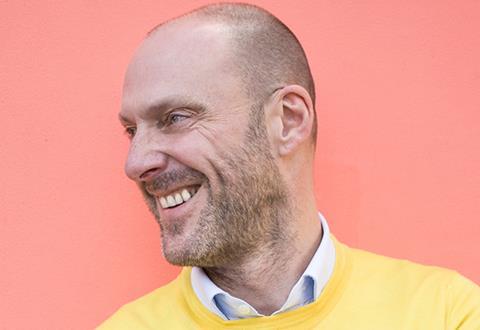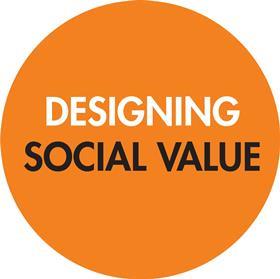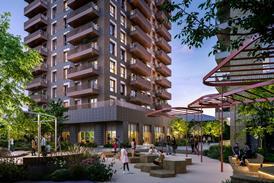The collegiate nature of working together in an office is such an important part of learning and growing, argues Martyn Evans


I went to a rather fancy dinner in a big posh residential development overlooking the Thames last week. My 11 dining companions and I were treated to a tour of the penthouse apartment and some very nice food.
But that wasn’t the most interesting part of the evening. I was lucky enough to be eating with 11 of the smartest and most interesting CEOs in our industry – so you might imagine that the conversation was of a particularly high quality.
It was nice just to be out, to be honest, to have dinner around a table with some interesting people and chew the fat about issues with which we are all grappling. I wondered what we would talk about most.
It was the day Boris Johnson axed a number of his senior cabinet colleagues, so pre-dinner drinks were taken up with gossip about the re-shuffle. But, when we sat down, conversation turned to weightier and more serious issues.
We wondered how we could propose changes to enable development that created homes and jobs rather than treat it as if it were a force for evil
We talked about housing (obviously) and what Michael Gove might bring to the debate about how to deal with our inability to deliver enough. We romped through the planning system – a number of us (including me) had recently been through fairly torrid and highly politicised planning committees and wondered how we could propose changes to enable development that created homes and jobs rather than treat it as if it were a force for evil that had to be stopped at all costs.
We discussed how we, as an industry, deal with our customers (mostly housebuyers) and those present who led housing associations talked passionately about the difference in the way they treat their residents as long-term customers compared to the typical private sector housebuilder who, in a supply-led market, has little incentive to comply with the “customer is always right” maxim.
Post-occupancy surveys took a good chunk of time out of the evening – with most developers present admitting never to have used them. Again, not surprising in a market where understanding customer satisfaction to ensure repeat purchase is not really a big deal.
One diner suggested that the only award that should really matter would be one that recognises the success of a scheme over a 10-year period post completion, as voted for by its residents, rather than one that is awarded off the back of a CGI.
The most interesting contribution here was a recognition that long-term patient capital is emerging from funders who traditionally wanted short-term returns from private build-to-sell developers
Money was discussed, as you might expect. Who has it? What are the current investing trends? What role should government subsidy be playing in the unlocking of affordable housing delivery?
The most interesting contribution here was a recognition that long-term patient capital is emerging from funders who traditionally wanted short-term returns from private build-to-sell developers. As long-term investment is typically serviced by thousands of monthly rent cheques, then the money is instantly bothered about how happy those writing the cheques are. If that means better design, better places, better services, better homes then we are on to something good.
But most of all we talked about how, really, in our fractured industry – where there are so many disconnected and competing levers that can be pulled to try to deliver better results – the only thing that really works is when as many people as possible involved in making good places to live really care about what they are doing – and really bother about the people for whom they are building. And that cannot be delivered from a spreadsheet. It has to be delivered from the heart.
I was also struck by how much I learnt from my dining companions in such a short, interesting space of time together, and it made me reflect on a meeting I had come from earlier about how to encourage more people to come back to our office.
I am worried about it – concerned to support our team as they work themselves into a new, much more fulfilling work-life balance. But, I am equally worried about the young people in our industry who may well be able to do their jobs perfectly technically from home for more than a few days a week but who will miss out terribly on the collegiate nature of working together with others in an office that, for me, is such an important part of learning and growing.
We have to talk to each other. We have to debate, argue, wrestle and gossip about the issues we are all facing every day
It is the relaxed, serendipitous conversations with colleagues where the gold dust lies – I wasn’t expecting to have such an interesting conversation over my dinner that night but I’m so grateful I did.
Coming to work the next morning I was really looking forward to talking to colleagues at the coffee machine about what I had discussed and asking their opinion on the issues we had debated. The desert that greeted me as I walked through the door was profoundly depressing.
We have to talk to each other. We have to debate, argue, wrestle and gossip about the issues we are all facing every day. Together. Zoom will be the death of us.
Postscript
Martyn Evans is creative director of U&I
















1 Readers' comment